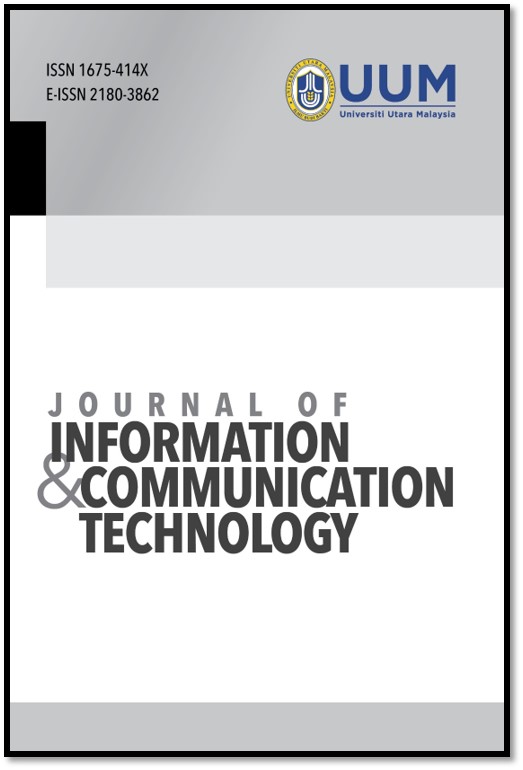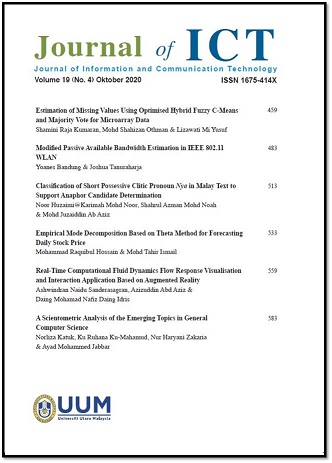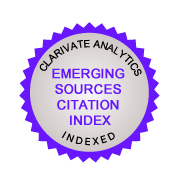Hybrid Real-Value-Genetic-Algorithm and Extended-Nelder- Mead Algorithm for Short Term Energy Demand Prediction
DOI:
https://doi.org/10.32890/jict2024.23.1.2Abstract
Energy consumption planning of an area is very important. It is essential to accurately predict the amount of short-term power required by an area using a highly effective prediction technique. The real-value-genetics-algorithm (RVGA) is the most effective technique that is currently used. However, the RVGA has some drawbacks, including the fact that it gets caught in premature convergence even when the search is performed over long iterations. This study proposes a hybrid prediction algorithm which comprises the RVGA and the extended-Nelder-Mead (ENM) algorithm. The ENM was implemented to speed up the search for the best among all solutions produced by the RVGA. The RVGA was configured to run under small iterations, and the ENM was used to achieve convergence. Experiments were performed on historical datasets containing the monthly electricity demand of the Gorontalo area, a region in Indonesia. The performance of the hybrid algorithm was compared to the hybrid Genetic Algorithm-Particle Swarm Optimisation (GA-PSO) and Real Coded-Genetic Algorithm (RC-GA) energy demand models based on the mean-absolute-percentage-error (MAPE), mean-square-error (MSE), root-mean-square-error (RMSE), and mean-absolute-deviation (MAD) error rates. The results showed that the proposed hybrid algorithm’s MAPE, MSE, RMSE, and MAD errors were 2.95 percent, 0.13 percent, 0.36 percent and 1.29 percent, respectively. Based on the accuracy measure obtained from this study, it implies that the RVGAENM hybrid is the best model for forecasting monthly electricity demand.
References
Additional Files
Published
Issue
Section
License
Copyright (c) 2024 Journal of Information and Communication Technology

This work is licensed under a Creative Commons Attribution 4.0 International License.

 2002 - 2020
2002 - 2020
























